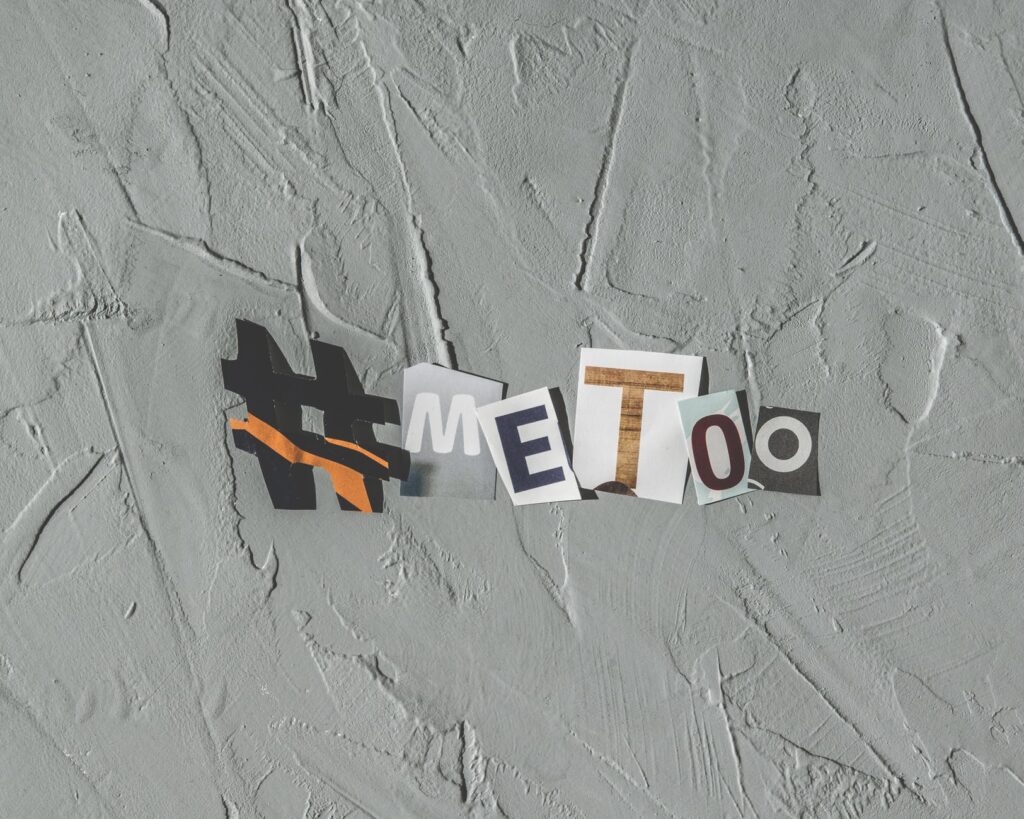By Stella Vasileiadou,
Nowadays, the topic of sexual assault seems to be more relevant than ever. First of all, please note that this article is not a women vs. men piece. Although there are male victims that do suffer as well, due to limited space, I am going to dicuss female victims in this article, because they have been on the margins of society for many centuries.
As a matter of fact, the Equal Employment Opportunity Commission reports receiving 12,000 allegations of sex-based harassment each year, with women accounting for about 83 percent of the complainants. Plus, according to the U.S. Equal Employment Opportunity Commission, an estimated 75% of individuals who get harassed at work do not even file a complaint.
Since our childhood, we have been told things like: “It’s your fault”, “You could have not gone to that that party”, or “You were asking for it”. We are so used to being told that it is us to blame because of how we acted or even because of how we did not act. In particular, sexual assault is undoubtetly a sensitive issue or even a “taboo”, whilst the feeling of shame or fear about the possible consequences is taking over the victim. For instance, thoughts like: “What will they say about me?”, “How will they react?”, “Am I going to be fired?” or “Will they stand for me or judge me?” are some of the most frequent queries that the abused one has to deal with.

The question is why do women prefer to stay silent?
First and foremost, the most common answer to this question is that women tend to think that nothing is going to change by filing a complaint. They actually are not encouraged to do so, because the odds are that their voices would not be heard and no one would take action on the problem, unless they are a celebrity or a high-level executive of a company. “What can’t be cured, must be endured.” is their motto. This is often considered to be directly relevant to the victim’s low-self esteem as well. In other words, it seems that it is not a women-friendly world yet.
The second main reason that explains this attitude is “blaming the victim”. Women are told that it was their fault and that they “caused” the rape or harassment with their dress or demeanor. Also, let us not forget that in the United States, the treatment of Anita Hill by the Senate Judicial Committee was a quite strong lesson to women -not only that they won’t be believed, but also that they will be blamed.
Last but not least, women are scared of the possible aftermath. They could be afraid of losing their job and not having enough money to make ends meet in order to feed their family in case they get fired, or even that their loved ones will not support them in this journey. As a result, based on the cost-benefit analysis they made up in their mind, it is preferable to stay silent and act like nothing happened.
So, my goal was to give you food for thought: from now on, instead of asking “why didn’t you report it?”, wouldn’t it be better if you said “what can we do to make it safer for you to report it?”?
References
- Psychology Today, Why Don’t Victims of Sexual Harassment Come Forward Sooner? Available here.
- Forbes, Workplace Harassment: Why Women Don’t Speak Up. Available here.
- Los Angeles Times, Op-Ed: Why don’t women come forward? Talking about sexual assault is excruciating and people don’t want to hear it. Available here.
- University of Minessota, Stop Violence Against Women. Available here.




